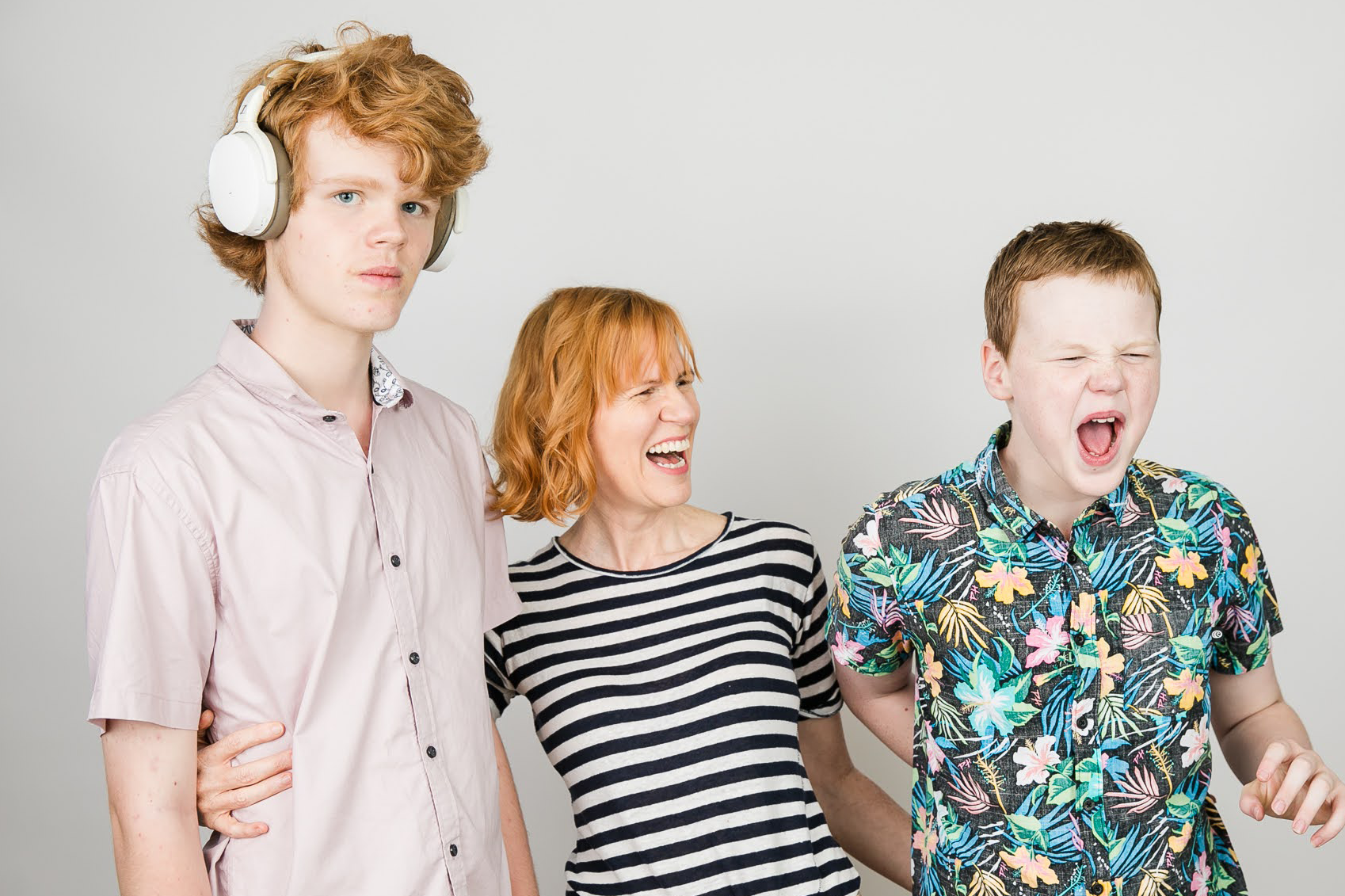What’s Next: Aquatics after learning to swim

“My child loves the water, but they’ve been learning to swim for 8 years… what’s next?”
As a swimming instructor and aquatic occupational therapist, I speak to many parents about aquatic options for their child. Parents often identify the importance of water safety and learning to swim in the early years and commit to attending a program until their child can swim laps of a pool. Families who have children with disabilities identify swimming as their most popular physical activity and overall favourite activity. Even so, there comes a time when parents and children start to think about what comes after swimming lessons, particularly when competitive swimming isn’t their end goal.
We know that the benefits of swimming and aquatic therapy go well beyond the pool and can help to reduce the drowning statistics, support social participation, improve physical activity levels, and develop sensory processing, communication and motor skills. With the list of benefits long, and the enjoyment levels for aquatic programs high, let's explore some new ways!
Aquatic programs at your local pool
Aquatic goals can (and often do) go beyond learning to swim. At Autism Swim, we connect families with aquatic professionals who have committed to creating inclusive aquatic environments for all abilities. The inclusion of water therapy (i.e., activities that help us to regulate our sensory systems) in each aquatic program means that participants in Autism Swim Approved Programs have their sensory and emotional needs met before, during and even after the aquatic program ends.
Using therapeutic properties of the water to engage the vestibular, proprioceptive, and tactile sensory systems in particular, helps to create opportunities for your child to work towards their swimming, water safety and other skills that may not be being achieved outside of the pool.
We encourage all families to consider whether a 1:1 program or a group program is best suited to their enjoyment and safety in the pool. If a group program is your child’s goal, a transition plan can be developed to help you work towards this. Some areas that can be developed through participation in an aquatic program include:
- Water safety behaviours: Establishing safe routines and behaviours in and around the water, being able to generalise skills in novel or unfamiliar environments.
- Social skills: Opportunities to practice turn taking, or winning and losing.
- Fine motor skills: Being able to open containers, do buttons and zippers on clothing, drawing and writing skills.
- Sensory processing skills: Exploring and becoming comfortable with different sensory experiences, understanding your own sensory profile and needs.
- Cognition and learning skills: Creating supportive environments that allow children to learn and challenge themselves in a safe and supportive context.
“I recently worked with a year 1 student who would become upset each maths class and her parents were concerned that she wasn’t learning. We started to introduce the same maths activities in the pool following some water therapy activities and she really enjoyed them and started looking forward to doing them in class. Developing confidence in a calm, safe and regulated state resulted in improved classroom participation for this student!”
- Communication skills: Being able to ask for a break, being able to follow an instruction.
- Self-regulation skills: Being able to identify emotions and energy levels and strategies to help to calm down in challenging environments.
- Friendship skills: Identifying what makes a good friend, opportunities to develop friendship with others.
- Gross motor skills: Being able to balance, climb, propel in the water.
- Fitness: Increasing heart rate, strength, physical endurance.
- Participation: To be a part of a group, to be involved in a game, to learn something new.
Click here to find an Autism Swim Approved Provider near you!
Recreational aquatics in your area
Finding new ways to participate in aquatics doesn’t have to stop in the pool! A large part of aquatic adventures are had at the beach, rivers or lakes too. Learning safe behaviours in and around the water and being able to generalise and transfer skills that your child learned in a swimming pool are integral aspects of drowning prevention (as discussed here). Besides the water safety considerations, we believe individuals should have choice and control regarding the activities they would like to participate in, with the confidence that professionals who deliver these activities will be prepared to cater to their needs. This includes expanding skills into more adventurous environments like the beach, rivers and lakes!
Surfing
When you consider a visit to the beach, many parents probably first think about the sand, the noise and the risks of an open body of water. But what if surfing could help to develop your child’s sensory systems, self-regulation, motor skills and problem-solving abilities while providing opportunities to take risks and have fun? There are unique benefits of surfing, such as the repetitive nature of the waves, the vestibular input from riding a wave, the consistent routines of catching a wave that help to create an enjoyable experience for all.
Autism Swim are launching a Surf Instructor Certification this Summer. Our goal is that parents will be able to search for instructors and programs near them, just like they can search for a swimming instructor currently.
You can help to prepare for visits to the beach by downloading our social story about going to the beach resource or by downloading our world first Water Safety App, with Version 2 launching this month for all Apple and Android devices!
Dippers
Dippers is a program run by Autism Swim every summer. Dippers is a modified nippers and surf education program, open to all ages and all abilities and run in collaboration with local Surf Life Saving Clubs. The program provides vital water skills to those who may otherwise not have the opportunity. Each participant is supported in a 2:1 or 3:1 capacity, and has the opportunity to work toward their individual goals; whether that’s putting face in the water, riding a board, learning when to go over or under a wave or for some, the ability to interact socially with others. Find our current locations or find out more here!
Around rivers and lakes
Love the idea of surfing, but don’t live near a beach? How about Kayaking or Stand Up Paddle Boarding? You can help your child to prepare for and set water safety expectations by downloading our World First Water Safety App, with Version 2 launching this month for all Apple and Android devices! Follow us on Facebook or Instagram for updates on our Launch dates in January 2022!
By Jessica Thackeray, Clinical Lead at Autism Swim.






